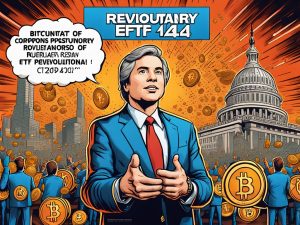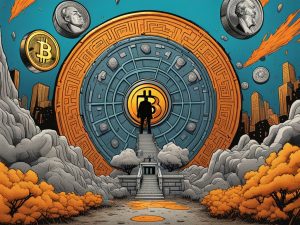Understanding Decentralization: Empowering Online Freedom
Decentralization is a fundamental pillar in creating a free and fair internet. Currently, a few powerful entities control online space, raising concerns about monopolies, data privacy, and content manipulation. Decentralization paves the way for genuine online freedom, empowering individuals and ensuring inclusion.
Advantages of Decentralization
- Security: A decentralized network makes it difficult for malicious actors to attack or control the system, ensuring greater security.
- Motivation and Empowerment: Decentralization fosters ownership and drive among community members, empowering them to shape outcomes.
- Transparency and Fairness: Less centralization leads to more openness and transparency, preventing corruption and fraud.
- Growth: Decentralization enables organizations to expand and tap into regional insights, fostering growth.
- Innovation and Diversity: Decentralization encourages diverse solutions and fosters innovation through multiple perspectives.
Disadvantages of Decentralization
- Coordination Challenges: Coordinating decentralized systems can be intricate without a central authority, leading to alignment and consistency challenges.
- Decision-Making Delays: Decentralized decision-making processes might result in delays, impeding rapid responses to urgent situations.
- Higher Costs: Decentralization can incur higher costs due to resource duplication and the need for decentralized decision-making processes and technology.
Adopting decentralization requires understanding its benefits and challenges. Striking a balance between empowerment and efficient decision-making processes is crucial. By evaluating advantages and disadvantages, organizations can make informed decisions that align with their objectives.
Hot Take:
Decentralization is the key to unlocking true online freedom. While it has advantages such as security, empowerment, and innovation, it also poses challenges in coordination and decision-making. However, by carefully considering and addressing these challenges, decentralization can pave the way for a more inclusive and transparent digital landscape.





 By
By
 By
By
 By
By
 By
By

 By
By